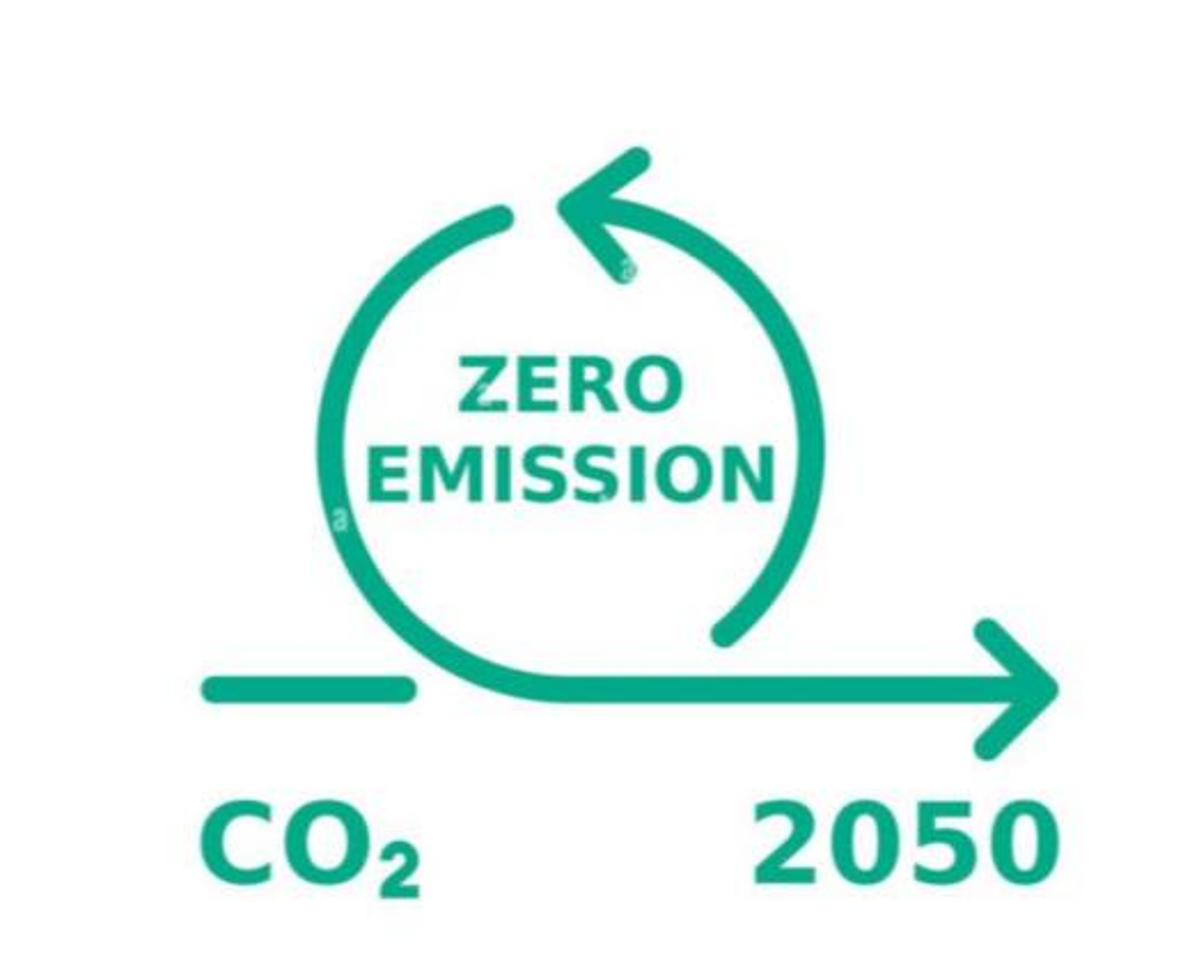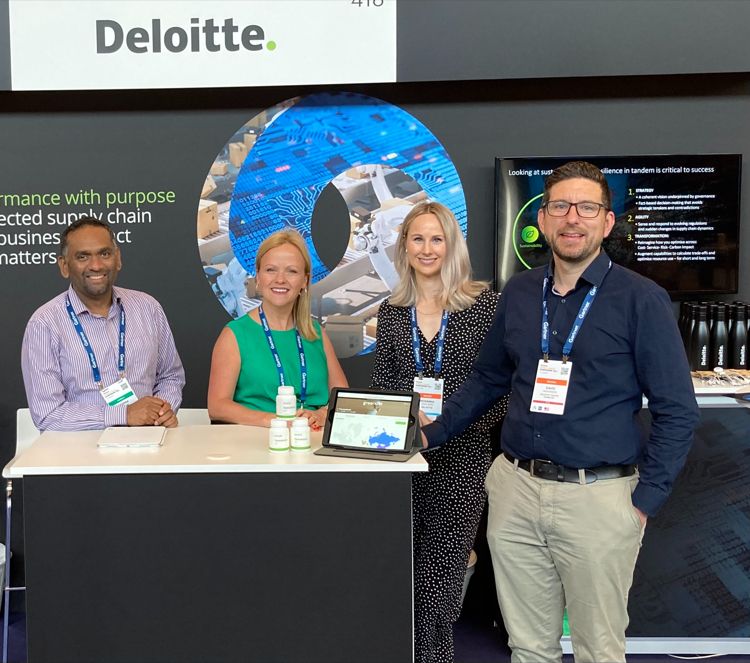Greener NHS
The Greener NHS website (previously known as the Sustainable Development Unit) provide guidance, resources and case studies to help achieve sustainable healthcare practices. The website offers tools for carbon reduction, energy efficiency sustainable procurement and more.
You can also sign up to the Greener NHS bulletins here.
Carbon Reduction Planning
The government’s Carbon Reduction Plan Guidance is a useful resource, as is the Cabinet Office’s template for organisations to us as their carbon reduction plan.
There is also a CRP Communications Toolkit to support supplier trade bodies to promote the publication of the NHS Central Commercial Function Carbon Reduction Plan (CRP) Guidance
The slides from a useful session on Carbon Reduction Plans run by the Crown Commercial Service can be found here.
Deloitte
Deloitte have shared access to their sustainability and climate hub as part of the support they are offering IHPN. You might find this article of use, which focuses on tips to getting started with net zero.
Supply Chains
A useful, albeit high level 5-minute read by the CBI and a more in-depth report by the World Economic Forum on decarbonising supply chains.
WWF
WWF UK published their Emission Possible report. The simple booklet focuses on baselining/reporting and there is some useful information included for options on measuring tools.
Centre for Suitable Healthcare
CSH have a useful resource library with sustainable healthcare resource, toolkits, case studies and publications
Lancet Countdown on Health and Climate Change
The Lancet Countdown on Health and Climate Change is an international research collaboration that tracks the links between climate change and human health. Their reports provide insights into the health impacts of climate change and strategies for reducing emissions in the healthcare sector.







